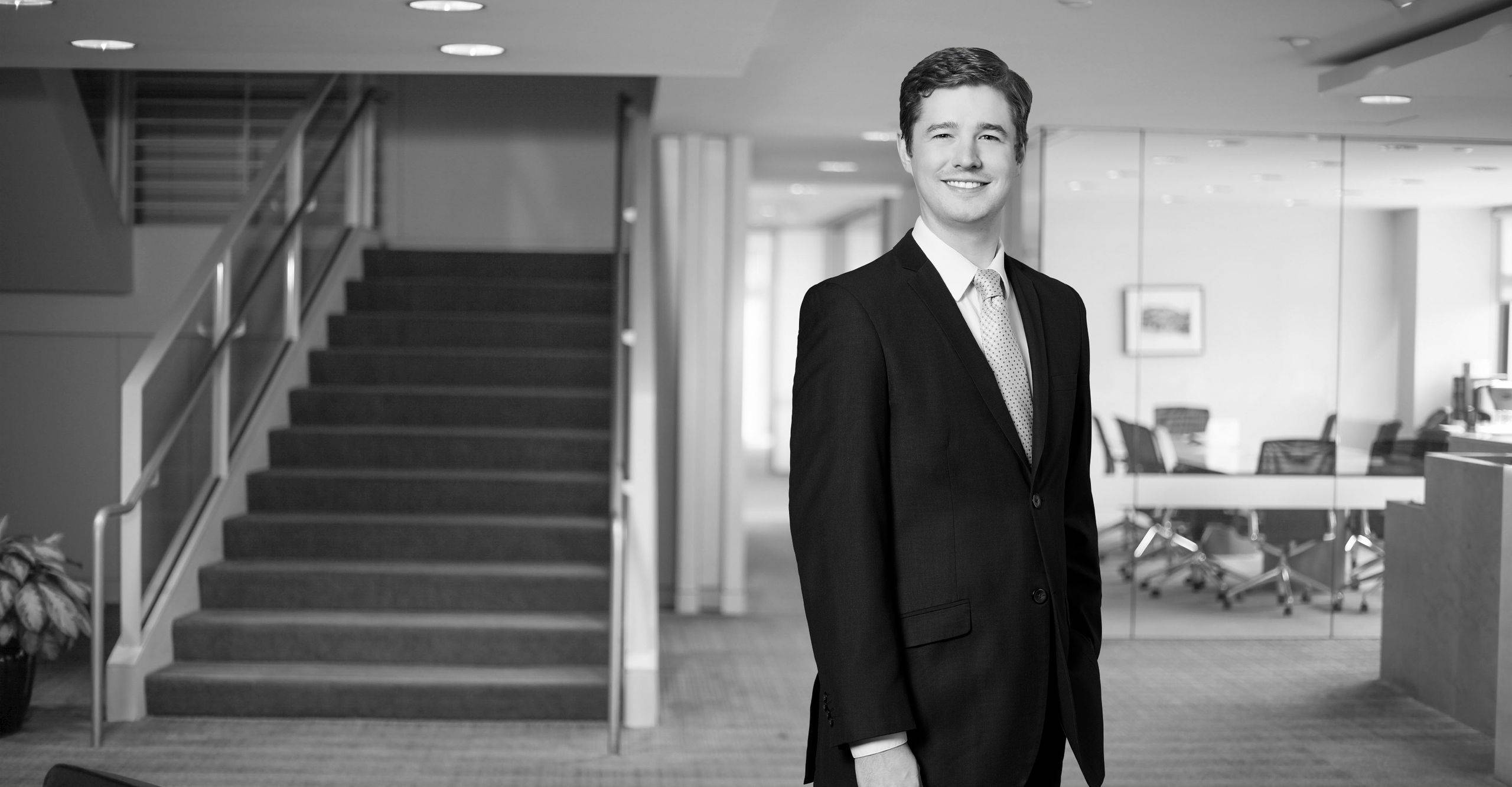Brian M. Underwood
Brian M. Underwood
Brian M. Underwood
Biography
Brian Underwood is a litigator on the firm's Media and First Amendment Team, through which he assists Internet and media clients navigate a variety of legal disputes involving their content and speech. In particular, Brian has repeated experience defending clients against high-profile defamation claims in both state and federal jurisdictions, litigating matters involving online advertising, copyright, or trademark matters, and securing the dismissal of a variety of claims based on Section 230 of the Communications Decency Act. These claims often involve complex questions concerning statutory and First Amendment protections and restrictions on commercial and non-political speech, on which Brian has given presentations in both an in-house and conference setting,
As an additional complement to his media and First Amendment practice, Brian maintains a general commercial litigation practice in which he helps both media and non-media clients from a variety of industries litigate a wide range of cases, especially in Georgia. While the particulars of every case will vary, Brian has a depth of knowledge in matters involving the interpretation of arbitration agreements under the Federal Arbitration Act, the protection of trade secrets, claims under the Telephone Consumer Protection, and alleged trespasses to computer systems under the Computer Fraud and Abuse Act. In addition to such matters, Brian also has experience in litigation involving non-compete/non-solicitation agreements, employment contracts, joint venture agreements, contracts for the sale or purchase of a business, and contracts for the licensing of intellectual property, as well as a large assortment of standard business torts such as fraud, tortious interference with business relations, and conversion.
Brian obtained his J.D. from the Duke University School of Law, where he served on the Executive Board of the Duke Law Journal and became a lifelong fan of Duke basketball. Brian remains, however, a loyal fan of the University of Georgia, his first alma mater where he obtained degrees in history and political science, and its football team.
Civic Involvement & Honors
Best Lawyers in America: Ones to Watch, Communications Law, 2025
Professional Affiliations
- Georgia Bar Association – Intellectual Property Section
- American Bar Association – Forum on Communications Law
Admissions
-
Georgia, 2017
Education
Duke University, J.D., cum laude, 2017
University of Georgia, B.A., high honors, magna cum laude, 2013
Related Capabilities
-
Business & Commercial Disputes
-
Media & First Amendment
-
Telephone Consumer Protection Act (TCPA)
-
Marketing & Advertising
-
Business Speech
-
Litigation & Dispute Resolution
Experience
- Defended online keyword advertising program from novel state law claims, including appeals to the Court of Appeals and the Georgia Supreme Court, Edible IP, LLC v. Google, LLC, No. S21G0798 (Ga. Feb. 15, 2022).
Resources
Publications
- Co-Author, “John Lewis: Profile of a Civil Rights Legend,” The Communications Lawyer, Fall 2020
- Co-Author, “When Copyright First Met the Digital World: A Retrospective and Discussion of New York Times v. Tasini, 533 U.S. 483 (2001),” The Communications Lawyer, Summer 2021
- Co-Author, “Tips For Cos. On Ga. College Athlete Endorsement Law,” Law360, Oct. 12, 2021
Speaking Engagements
- D.C. Bar’s Arts, Entertainment, Media and Sports Law Community Monthly Media Law Meeting. Brian presented with Eric Schroeder on representing CNN Donald J. Trump for President, Inc. v. CNN Broadcasting, Inc., -- F. Supp. 3d. -- (N.D. Ga. Nov. 12, 2020), where they helped CNN successfully dismiss the libel case brought by the Trump Campaign over an op-ed published on CNN.com, 2021.
- The November 2021 ANA/BAA Marketing Law Conference in San Diego, California. Brian led a panel discussion on Section 230 of the Communications Decency Act, its relevance to online advertising, and efforts to curtail the scope and protection of Section 230.
Related Insights
Nov 10, 2025
Aug 21, 2025
Nov 14, 2024
Jun 23, 2023
Aug 31, 2022
October 12, 2021
Sep 27, 2021
Sep 22, 2021
Aug 13, 2021


